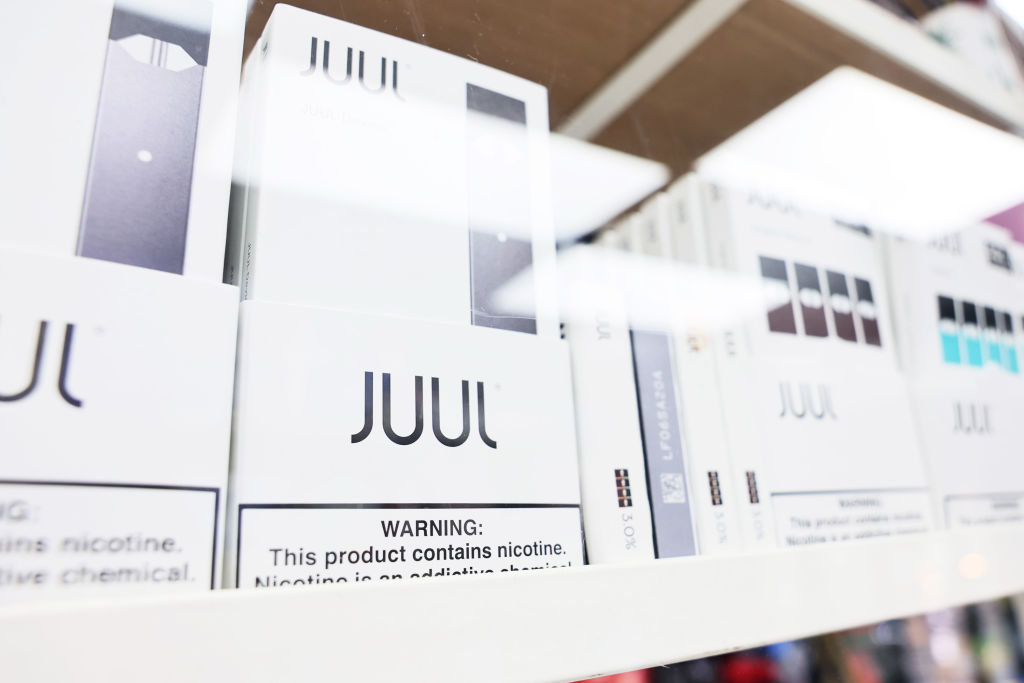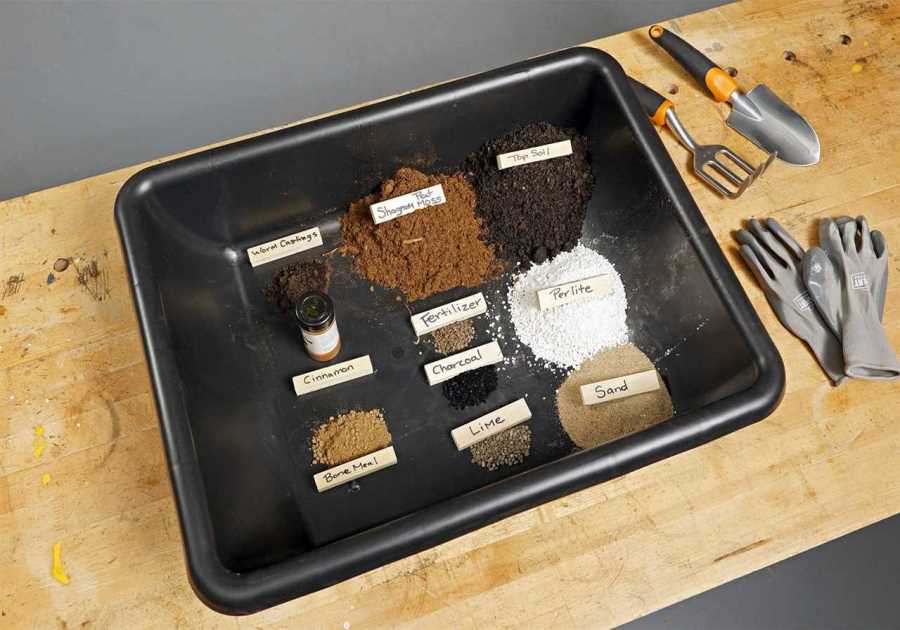
The problem with writing a book about current events is events don’t stay current for long. I finished writing my book, Big Vape: The Incendiary Rise of Juul, in January 2021, at a time when the future of both mega-popular vaping brand Juul Labs and the entire U.S. e-cigarette industry were in flux. Each time news broke after the draft was done, I wished I could go back and update it—but of course that wasn’t possible.
[time-brightcove not-tgx=”true”]I got some closure when my book was adapted into a Netflix docuseries, Big Vape: The Rise and Fall of Juul, which premiered Oct. 11. The series’ producers worked on it long after my book came out, allowing them to weave in big developments that hadn’t happened when I finished writing—but even still, the story of Juul and vaping is ongoing, and no one knows how it will end.
Here’s what has changed since Big Vape was published, and what I view as the biggest question marks about the vaping industry.
Regulators banned Juul…then back-tracked
The U.S. Food and Drug Administration (FDA) has long played catch up when it comes to regulating the vaping industry. Brands including Juul were already widely available nationwide when, in 2016, the agency finalized a process for assessing their health effects. That meant e-cigarette companies already in business had to retroactively prepare paperwork to prove that their products were beneficial for public health; if they couldn’t convince the FDA, regulators could order them to stop selling their vapes in the U.S.
When I finished writing Big Vape, Juul had submitted its application but the FDA hadn’t reached a verdict yet. Then, in a dramatic decision in June 2022, the FDA said Juul had not provided adequate toxicology data for its products and ordered them off the market.
Then, following an appeal from Juul, the FDA began a secondary review of its data, which is still in progress. Meanwhile, Juul devices remain on the market. It’s already been more than a year since that all happened, and the FDA has given little public indication about what it will ultimately decide.
Juul has also submitted an application for a new product: a Bluetooth-enabled “next-generation” device that’s meant to lock out underage users and reject counterfeit pods, but it’s anyone’s guess whether the FDA will authorize it.
Tobacco giant Altria broke up with Juul
At the end of 2018, the tobacco giant Altria (which owns the company that makes Marlboro cigarettes) paid almost $13 billion for 35% of Juul. But as scrutiny on Juul grew and the FDA cracked down on its marketing and sales practices, Altria valued its investment lower and lower—down to just $250 million by the end of 2022. In March 2023, Altria announced it would exchange its minority ownership stake for the right to license some of Juul’s intellectual property, a signal that Juul’s business had suffered enough that the Big Tobacco company wanted to move on. Altria also purchased NJOY, a different e-cigarette maker.
That’s only one element of Juul’s financial struggles. Juul has been sued by everyone from school districts to state attorneys general for its role in the teen vaping epidemic, and over the past couple years, it has agreed to pay nearly $3 billion in legal settlements. Juul’s revenue is also significantly down from its peak, and the company has been through multiple rounds of layoffs.
Teens have largely moved on from Juul
Juul became notorious for being the e-cigarette teens used in school bathrooms and on Snapchat. But these days, federal data suggest underage users have mostly moved on to single-use vaporizers that—unlike Juul, which is now only available in tobacco and menthol varieties—come in tons of flavors. Among the roughly 10% of U.S. teens who regularly vape, more than half now use disposable e-cigarettes, according to the FDA. My anecdotal research backs this up. When I’m walking around my neighborhood in Brooklyn, I see tons of teenagers with vapes made by brands like Elf Bar and Air Bar, and hardly any hitting Juuls.
For the record, most disposable vapes are not supposed to be sold to anyone, underage or not, because they haven’t gotten authorization from the FDA. But it’s proven so difficult for the agency to keep up with regulating a large and ever-changing market that many continue to be widely available.
There is (still) a lot of debate about the risks and benefits of vaping
This was true when I began covering vaping in 2018 and it’s still the case now. Some researchers believe vaping can help adults stop smoking cigarettes and transition to a less-dangerous form of nicotine. Meanwhile, other studies find that vaping is not an effective way to stop smoking and may come with significant health risks of its own, including increased chances of developing lung and heart diseases. The big caveat to the whole debate is that e-cigarettes only became widely used and studied within the past couple decades, which is not all that long in the world of health research. More health risks—or benefits—could come to light as vapers are studied for years to come.
One thing, however, remains clear: the safest choice is not to use any tobacco product at all.
-----------------------------
By: Jamie Ducharme
Title: I Wrote the Book On Juul in 2021. Here’s What’s Happened to the Vaping Industry Since
Sourced From: time.com/6322368/what-happened-to-juul/
Published Date: Thu, 12 Oct 2023 12:00:00 +0000
Did you miss our previous article...
https://conservativedailytimes.com/health-fitness/snag-the-amazonloved-hey-dude-sneakers-that-feel-like-comfy-slippers-for-just-32-before-prime-day-is-over
.png)





